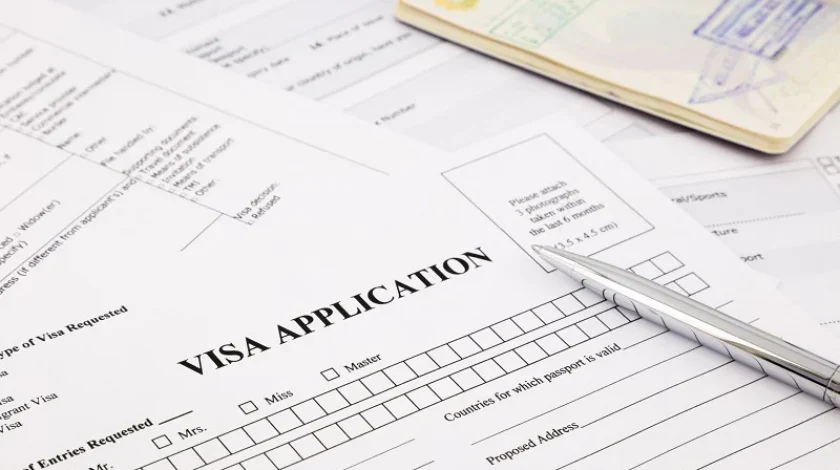In addition to being well-known brands, 7-Eleven, Sunglass Hut and Subway all have one thing in common – they have all been found to have underpaid their employees and have been penalised recently by the Fair Work Ombudsman, for doing so. Employers need to be aware of the entitlements that visa-holders have and should ensure that their workers are not underpaid.
Underpayment in the media
In 2018, two Brisbane 7-Eleven franchisees were fined more than $192,000 in penalties, after investigations found 21 employees had been underpaid $31,000 over a 12-month period. The affected employees were entitled to overtime rates, shift work rates, and Saturday and public holiday rates, but were not paid these Award entitlements.
Sunglass Hut was ordered to back-pay a staggering $2.3 million for the underpayment of 620 employees in 253 stores across every state and territory. The affected employees were generally part-time retail staff working in Sunglass Hut stores.
Subway was fined $65,000 after facing investigations for not appropriately paying their employees. In this case, a former franchisee of two Subway outlets in Sydney failed to pay a Chinese national employee more than $16,000, paying the worker a flat rate $4 below the lawful rate from October 2014 to April 2016. The affected worker was a casual food and beverage attendant who was on a Skilled nominated (subclass 190) visa at the time.
The Fair Work Ombudsman takes a special interest in investigating businesses which rely heavily on overseas workers who are working on visas, such as those on student visas, working holiday visas, or 457/TSS visas, as migrant workers are amongst the most vulnerable workers in Australia. However, even businesses like a dental practice are not immune from investigation by the FWO. In 2019, the owner of a Melbourne dental practice was penalised $5,355 and ordered to backpay a dental technician, who had been a 457 visa-holder, $32,889 plus interest for underpaid wages for the period March 2012 to February 2014.
Most employees working in the retail or fast-food and restaurant industries, are covered under an Award, which will contain minimum rates of pay, which increase each year as the minimum wage increases. When employers are in breach of the Award rates by not adequately paying their employees, this can result in serious repercussions under the Fair Work Act and could even have criminal consequences for those involved in the underpayments.
Key take-aways for employers:
- make sure you know if an Award applies to your employees;
- if an Award applies, ensure you are aware of the correct pay rates under the Award which apply to your employees, including the base rate of pay, overtime rates, penalty rates and allowances which may apply;
- ensure your documentation such as employment contracts and payslips, clearly show the hours worked by your employees, the rates of pay for those hours worked, and whether those pay rates include all entitlements under the Award;
- if you think there is a risk of underpayment, check it out;
- if you find there are underpayments, fix them quickly; and
- if the FWO becomes involved, or mainstream or social media attention is a risk, consider developing a media strategy to deal with the aftermath.
If you are unsure whether an Award (or which Award) applies to your business, or if you have questions or need assistance relating to any of the issues outlined above, please don’t hesitate to get in touch with a lawyer in Coleman Greig’s Employment Law team:













